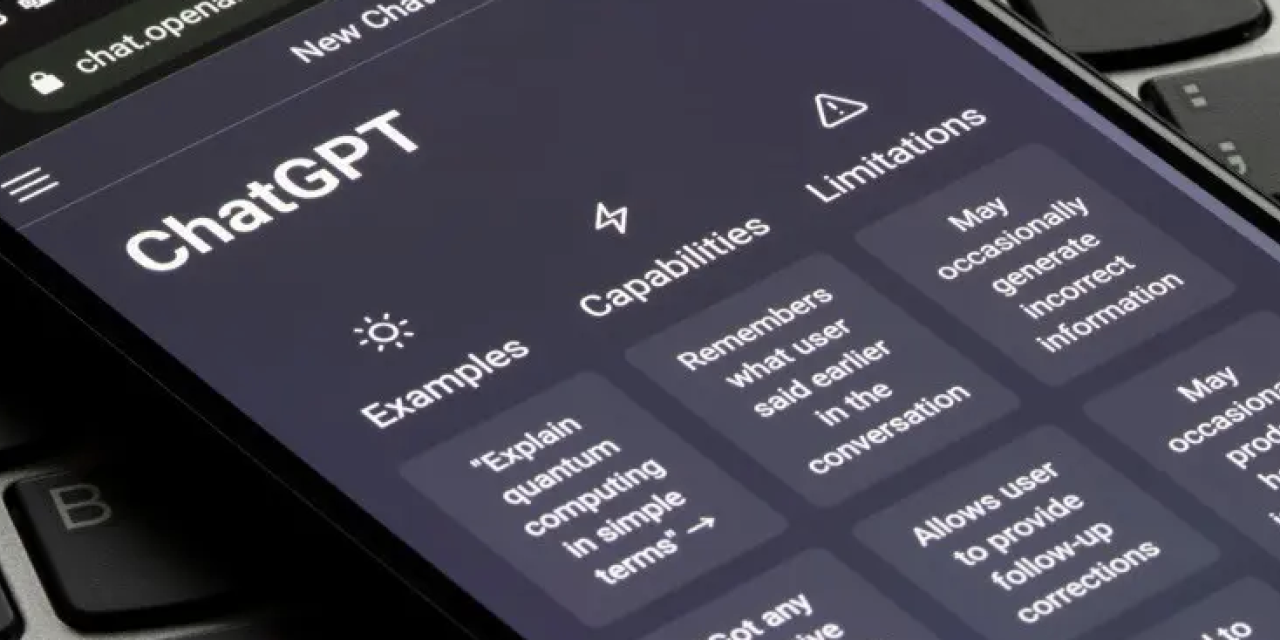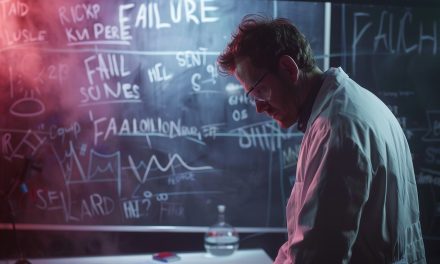Impact of Artificial Intelligence and Learning
By Christie Oneill
University Times Staff
PRESQUE ISLE – Chat GPT and other methods of artificial intelligence are transforming the way students learn at the University of Presque Isle in Maine. At colleges and universities across the country, students are not the only ones noticing.
Artificial Intelligence (AI) is technology developed for machines to analyze large amounts of data and process it as humans would. This technology has evolved, making it one of the fastest growing forms of technology in the 21st century. AI is virtually accessible from many of the electronic ‘smart’ devices people use today. It is no surprise that artificial intelligence is seen virtually everywhere, including in universities.
Higher education is based on rigor, writing essays, and learning soft skills that students hope to take with them into their careers someday. With an average full-time student taking 16 credit hours per semester amidst juggling work, transportation, sports, and social life; using artificial intelligence to facilitate school work may not come as a surprise.
Now students and universities have to address the question of academic integrity and what it means to learn in the age of technology.
Chase Aditajs, a major in Environmental Science and Sustainability, raises concerns about the use of AI in academia, saying, “You aren’t learning anything from copy and paste.”
While taking quizzes, tests, assignments, or even examinations, Aditajs says AI acts as a means of avoidance, “I think it (AI) will change how students can research various topics. It is like a loophole to get around actually doing the research itself,”. Margeson states students need to “double down” and work on their “critical thinking, metacognition (our ability to think about our own thinking and learning); and our emotional intelligence, like empathy and resilience.” This is because, with the use of AI to think for us, our intelligence decreases.
“Chatbots, like Chat GPT, can be used in ways that would, of course be considered unethical,” she stressed. “Passing off another’s work as your own or fabricating research in any form would violate academic integrity.” Margeson emphasized the implications of unethical uses of AI. The Student Conduct Code of the University of Presque Isle Maine states that “the submission of another’s work as one’s own, without adequate attribution,” and “plagiarism is academic theft.”
When students use AI to do their coursework, they aren’t only cheating by the Student Conduct Code, but also shortchanging themselves on their educational journey.





